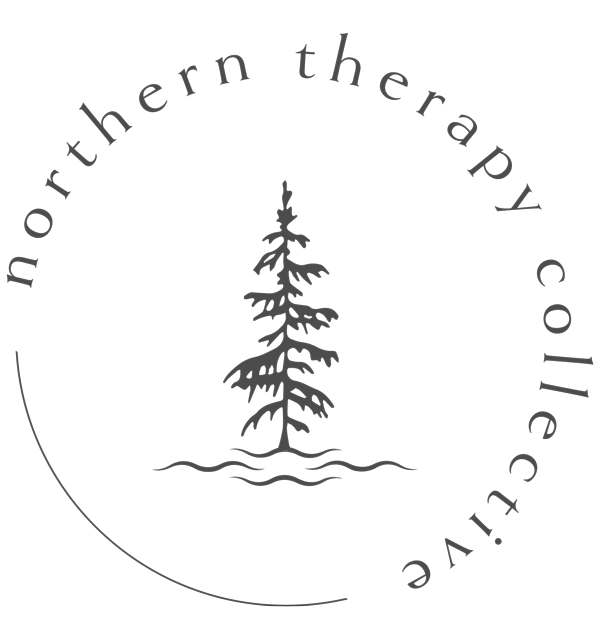THERAPY TALK: Metacognition
What a valuable tool often used in therapy! So what is it?
Simply put, metacognition can be thought of as “thinking about your thinking”.
Metacognition is both a reflective and active practice, where you build awareness of day-to-day thoughts (how you think about a situation, trigger or event) but it’s not something that most people do naturally. Just like any other skill (learning a new language or learning to play an instrument) it will require repeated practice and patience!

Two of the major benefits of metacognition are (1) increased self-awareness and (2) depersonalization from thoughts. The more aware we are of our typical thinking habits, the greater the chance we have of catching and neutralizing unhelpful thoughts (e.g. “there I go catastrophizing again”). Similarly, if we’re able to see our thoughts as “just thoughts” that come and go based on the situation… the weather… or sometimes based on nothing at all! – the less likely we are to attach personal meaning to the content.
An easy way to start practicing metacognition in your everyday life is to pause once or twice a day and use the framing “I’m having the thought that…[insert thought here]”. This strategy can be particularly helpful in moments of high emotion (e.g. anxiety, frustration, disappointment). So next time this happens, take a moment and check in with yourself. What is the story you are telling yourself about that situation?
Noticing your thinking, or using metacognition, allows you to build awareness of your thoughts and perspective, which could be contributing to the emotion you are feeling. And it’s only when you are truly aware, that you will be able to make the changes you wish to make.




